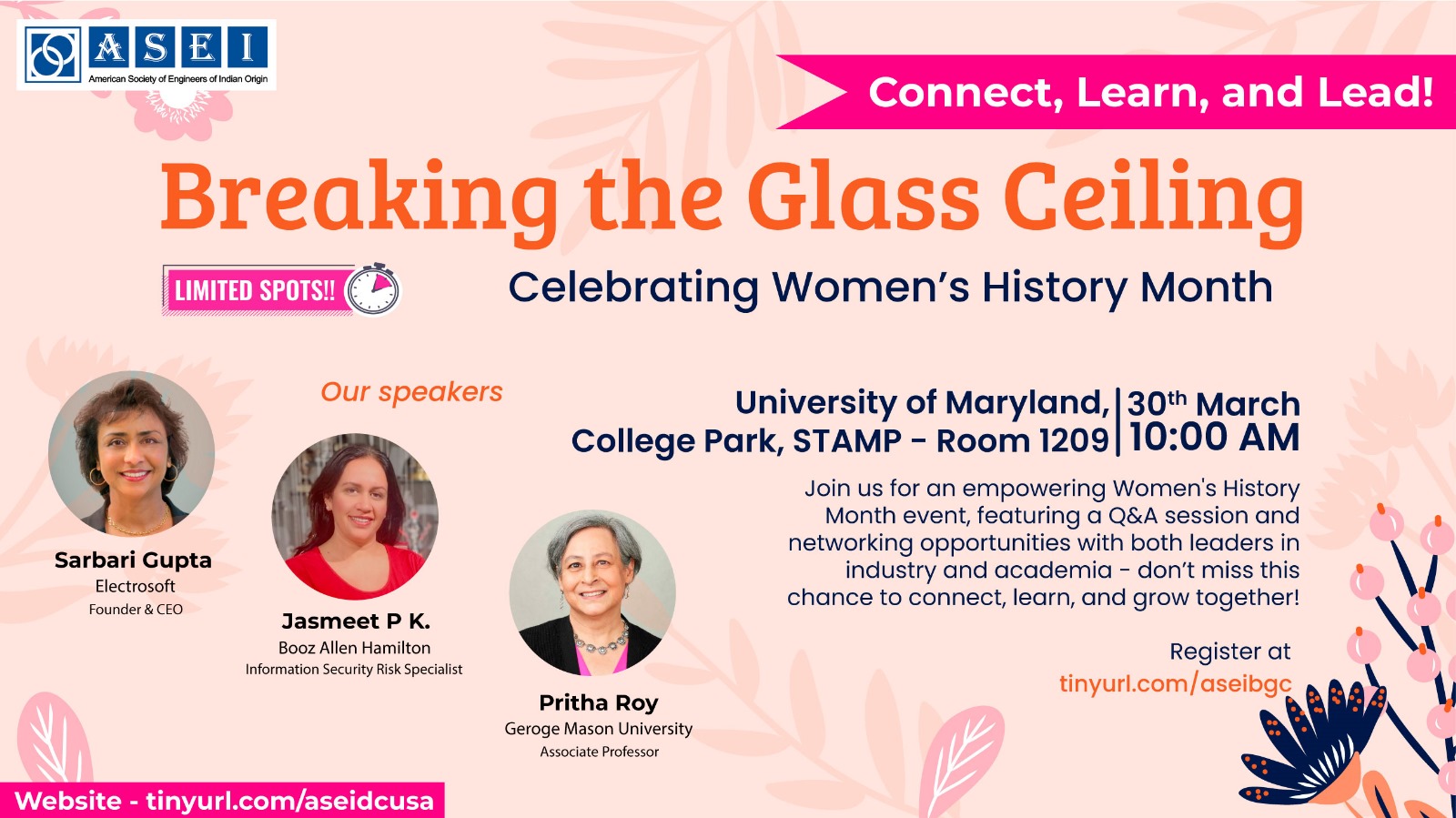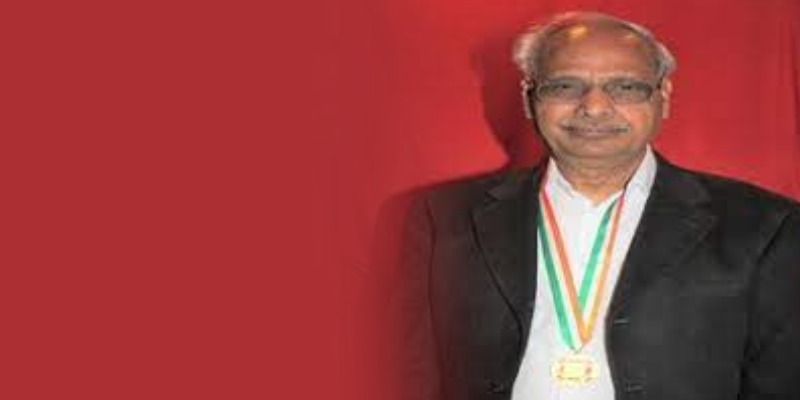🌟 Calling all curious minds and aspiring tech enthusiasts! 🚀 Join our cutting-edge online live instructor-led workshop on the latest advancements in Artificial Intelligence, Machine Learning, and Data Science.
Discover what AI is all about and why it’s revolutionizing industries worldwide. Gain invaluable insights into the challenges faced by Data Science teams and learn how to navigate them with confidence. From cutting-edge data governance strategies to agile stakeholder management, we’ve got you covered every step of the way.
No need for extensive prior knowledge! This workshop is designed to give inquisitive minds a head-start in AI and Data Science, providing them with the skills and insights needed to excel in today’s competitive tech landscape. Plus, it’s online – take it from anywhere, at your convenience!
Don’t miss this golden opportunity to jumpstart your career and join the ranks of tomorrow’s tech leaders. Whether you’re a recent graduate or transitioning into the field, this workshop will equip you with the tools and knowledge to thrive in the fast-paced world of AI and Data Science.
Ready to take the first step towards an exciting and rewarding career? Secure your spot today and embark on a journey of endless possibilities in the world of technology! 🌐💡








